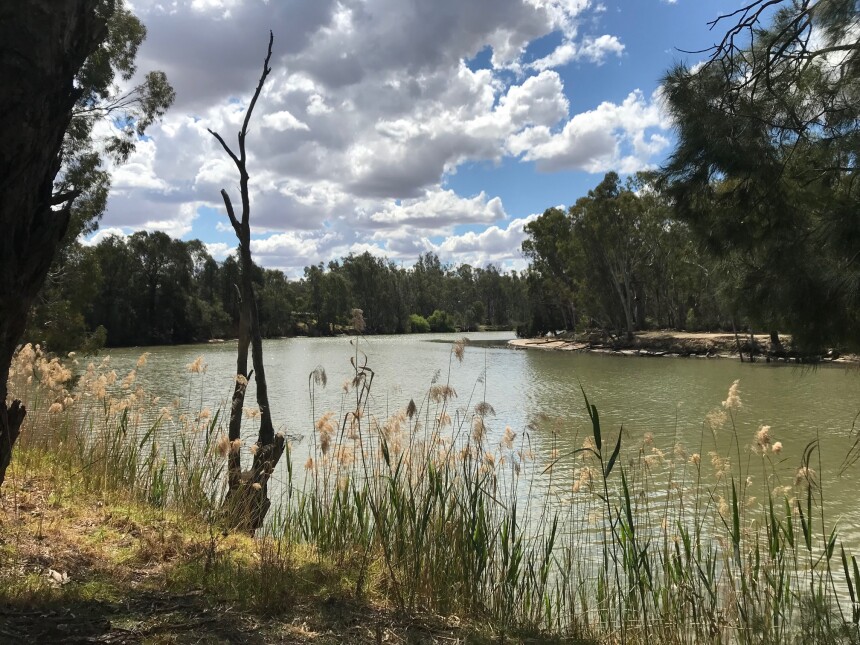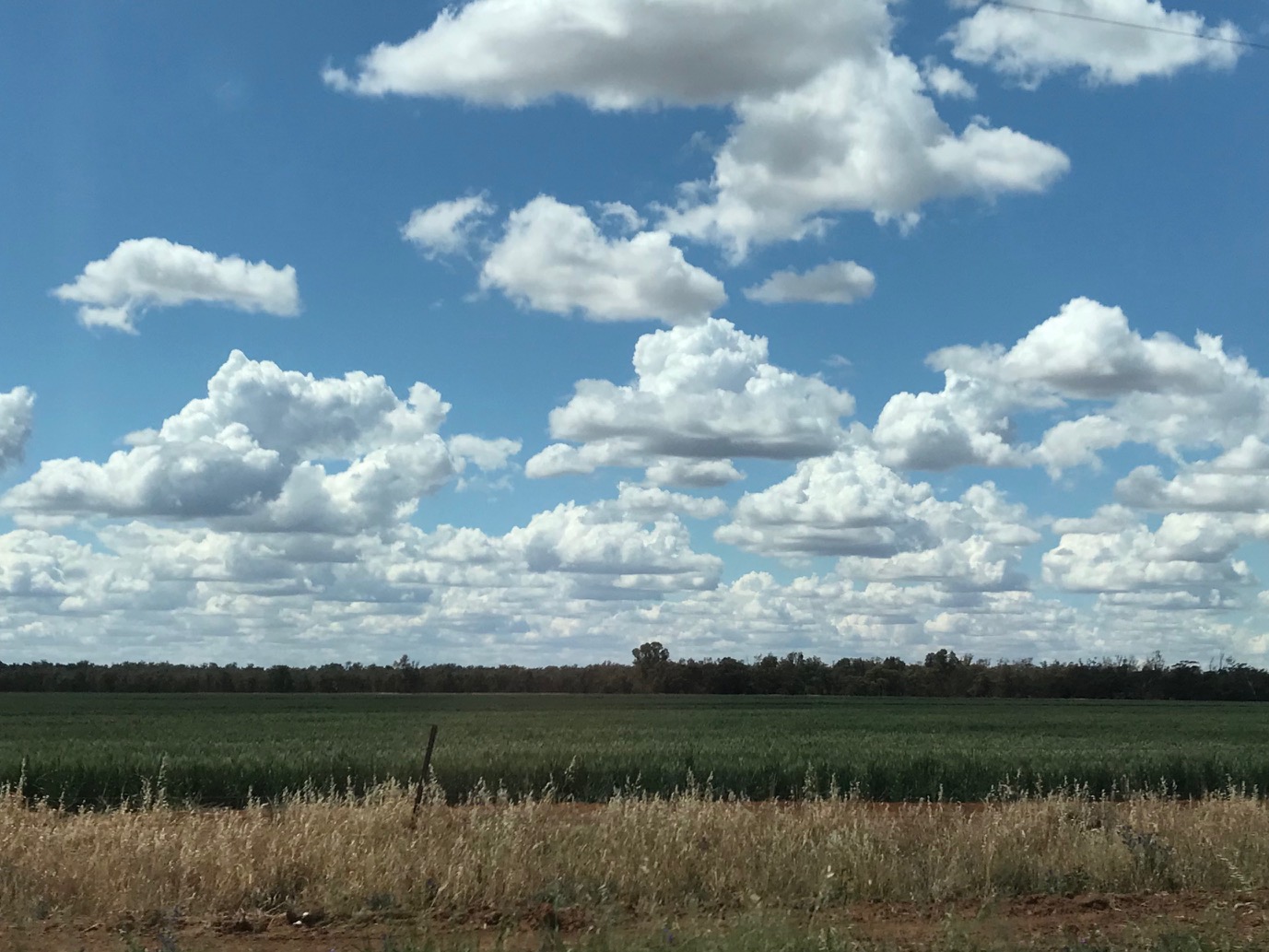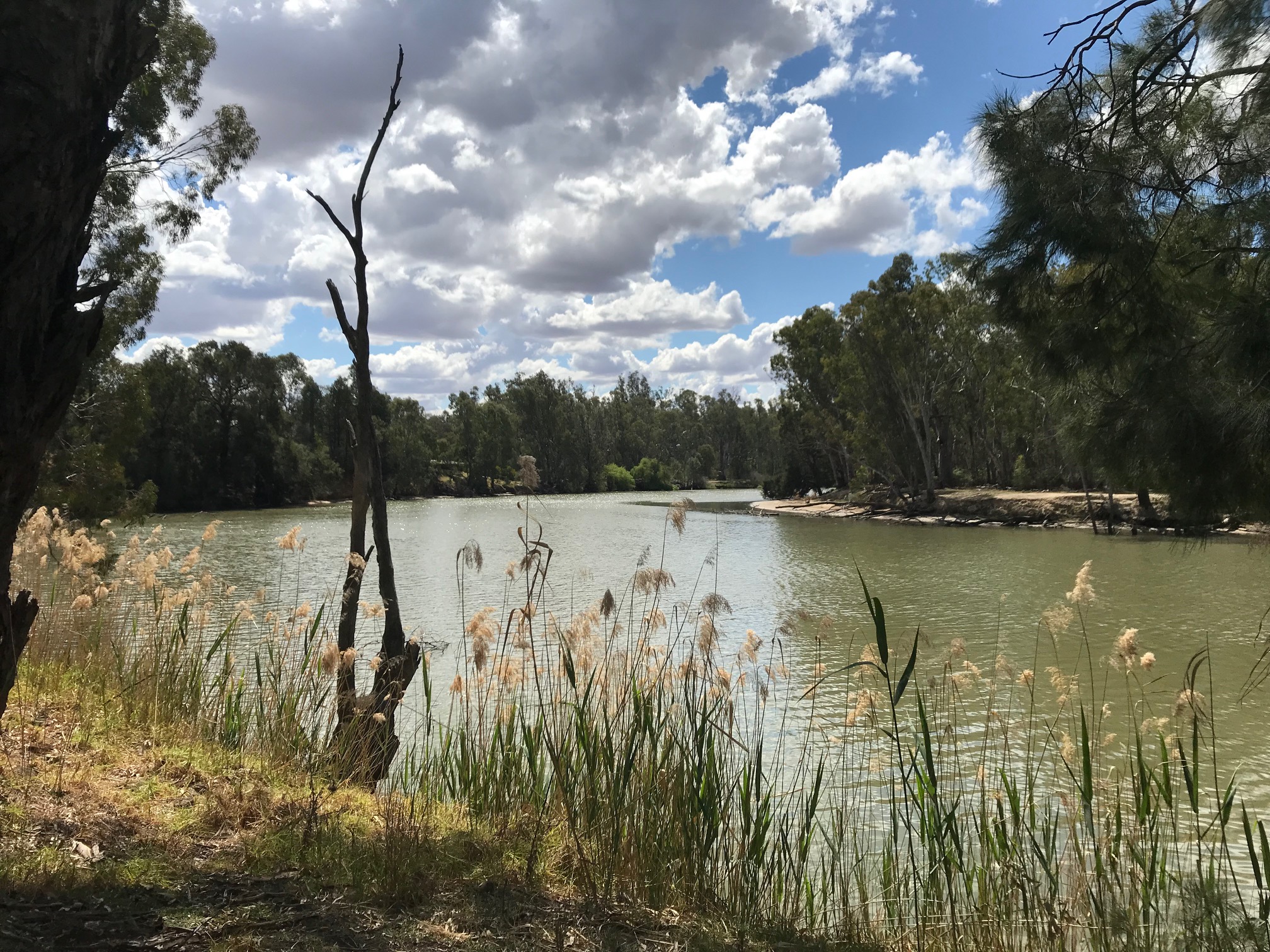Murray-Darling Basin left without top cop as Mick Keelty steps down, no legislative powers given to office

The Murray-Darling Basin has been left without its top cop, with Mick Keelty stepping down after just one year in the newly established office.
A Senate Estimates hearing in Canberra has heard Mr Keelty, a former Australian Federal Police commissioner, did not seek to extend his tenure as the interim inspector-general (IIG) for the Murray-Darling Basin when his term ended last month.
It also heard that in the year since it was established, 30 cases of water theft have been referred to the IIG including 19 from New South Wales, five from Victoria, one from South Australia, and five in relation to Commonwealth matters.
Department of Agriculture, Water and Environment spokeswoman Rachel Connell told the hearing that most matters were referred to state authorities.
“Mr Keelty investigated approximately three matters, but none of those were in relation to water theft,” she said.
“All of the referrals in relation to water theft were referred back to state water regulators, so state regulators have responsibility in the first instance.”
When former water minister David Littleproud announced the role of the IIG, it was expected to have the powers to investigate suspected water theft and ensure water recovery targets were being met
Mr Keelty, however, was never granted the legislative powers to investigate across states and compel witnesses to give evidence.
Asked if the Federal Government considered the appointment a success, Senator Simon Birmingham told the hearing the IIG office was established to have an “oversight function”.
“The intent was to improve confidence in compliance and assurance. The role was not established to replace investigate and prosecuting authorities,” Senator Birmingham said.
“It would be wrong to suggest there is an absence of compliance.”
Mr Keelty was hand-picked for the role by Mr Littleproud at a time when tensions across the Basin were at fever pitch as irrigators were left without access to water, mass fish kills were taking place, and violent threats were made to ministers.
During a heated protest at Parliament House last December, Mr Keelty was asked to investigate water sharing arrangements between states, a move that pacified some protesters at the time.
Last month, Water Minister Keith Pitt announced the Commonwealth would seek to establish a new inspector-general of water compliance office that encompassed the responsibilities of the IIG.
But Opposition senator Jenny McAllister suggested it, like the IIG, would not have the ability to investigate matters of integrity.
“The watchdog never had any powers. It was appointed on an interim basis and disappeared as soon as he came, almost, and now we’ve got another announcement about a new watchdog which also doesn’t have any powers, and is vacant,” Senator McAllister said.
Senator Birmingham said the Government would name an appointee to head up the new office by the end of the year, and legislation to establish its powers was likely to come before Parliament early next year.
No Indigenous appointment
Estimates also heard the Government had failed to appoint an Indigenous person to the board of the Murray-Darling Basin Authority despite promising to do so more than a year ago.
In September 2019, Mr Littleproud said he was making a historic announcement when he committed to include an Aboriginal Australian on the MDBA board.
But under questioning from Senator Rex Patrick, Senator Birmingham could not say why the appointment had not yet been made.
‘We’re sticking with the plan’
The Government recently committed to not buy any more water from farmers in order to meet water saving targets under the Murray-Darling Basin Plan.
On the same day, it released the Water for the Environment Special Account Review that said a key water saving target of 450 gigalitres of water was unlikely to be met by the 2024 deadline.
Asked if the Commonwealth expected to deliver the plan as legislated, Senator Birmingham said work had intensified to achieve it on time.
“The Government has worked to deliver the plan in full, and on time, through every step of the process,” he said.
“From the very passage of the Water Act in 2007, it has never been an easy process in terms of maintaining cooperation across basin states and the basin communities.
“But we have delivered 2,030 gigalitres against the 2,075-gigalitre recovery target to meet the sustainable diversion limits in the core aspects of the basin plan, and that represents 97 per cent of the target there.
“In relation to the additional 450 gigalitres, we are in intensifying efforts to seek to have that delivered in accordance with the timeline of June 30, 2024.”
Originally published by the ABC, 23 October 2020.


